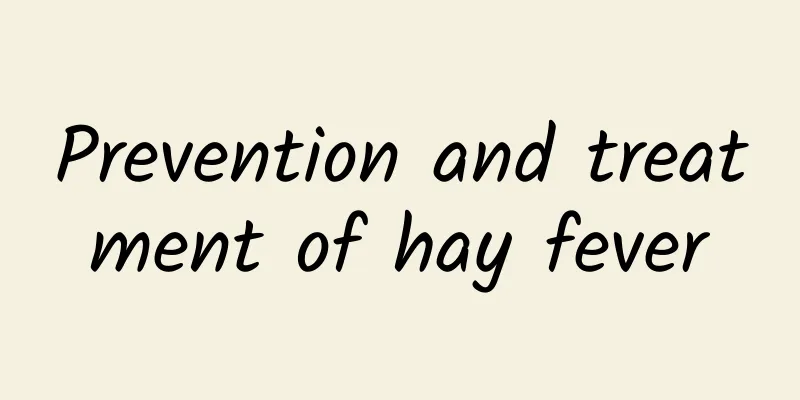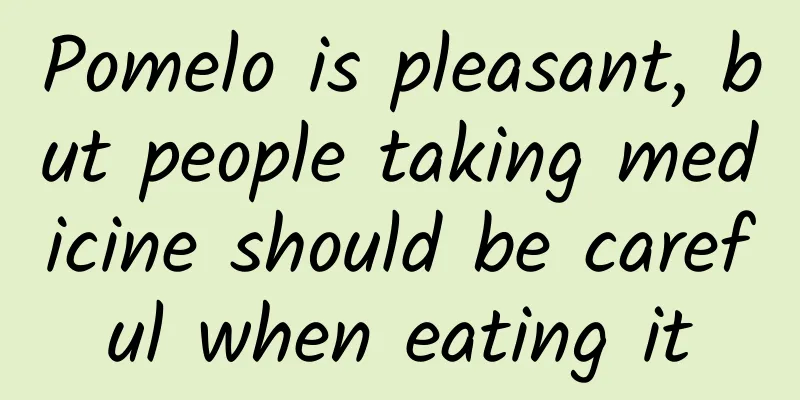Prevention and treatment of hay fever

|
Before we know it, spring has quietly arrived. However, as everything comes back to life and the weather gets warmer and colder, the spring pollen season also begins. While you are enjoying the bright spring sunshine, many of you are troubled by pollen, with runny noses and tears flying around. It is unbearable. Common allergens in the north include flowers of poplar, pine, willow, cypress, wormwood, ragweed and various seeds, etc. Wind-borne pollen is the main allergen, with high pollen content and light weight, and can be blown to far places by the wind. Prevention and treatment of hay fever Allergen avoidance When engaging in outdoor activities during seasons with high pollen concentrations in the air, it is best to avoid the peak period of allergenic pollen dispersion to reduce the onset of symptoms. In an environment where they are naturally exposed to pollen, patients can use special masks (double-layer masks/N95 masks), glasses, nasal filters, etc. to reduce the contact of allergenic pollen inhaled into the nasal cavity and mucous membranes, thereby alleviating symptoms. Standardized drug treatment Also known as symptomatic treatment, it can quickly relieve allergic symptoms. According to the onset of allergic rhinitis and the characteristics of allergens in patients, we need to use drugs regularly, including nasal irrigation, glucocorticoid nasal spray (such as mometasone furoate, budesonide, fluticasone propionate, fluticasone furoate, triamcinolone acetonide, etc.), oral (such as loratadine, cetirizine, ebastine, fexofenadine hydrochloride, etc.) or nasal spray (such as azelastine hydrochloride, levocabastine hydrochloride, etc.) antihistamines, oral leukotriene receptor antagonists (montelukast sodium). These drugs will not cause dependence. Expert introduction Liang Ying As associate chief physician, he is good at identifying and analyzing long-term chronic food allergies and skin allergies, and improving symptoms through lifestyle and nutritional adjustments combined with drug treatment. Clinic time: Allergy clinic every Tuesday afternoon Zhao Liheng Associate chief physician, specializes in the diagnosis and treatment of allergic rhinitis (including spring and autumn hay fever and perennial allergic rhinitis), chronic rhinitis, acute and chronic sinusitis, and common ear, nose and throat diseases. Clinic hours: ENT clinic all day every Thursday Zhang Rui Chief physician, specializes in the diagnosis and treatment of allergic rhinitis (including spring and autumn hay fever and perennial allergic rhinitis), chronic rhinitis, acute and chronic sinusitis, and common ear, nose and throat diseases. Clinic hours: ENT clinic all day every Monday, Tuesday, Wednesday and Friday |
<<: How to relieve cramps in different parts of the body?
>>: Do you have these confusions about glaucoma? | World Glaucoma Week
Recommend
What should I do if I don't want to be pregnant for just one or two weeks?
What should I do if I don't want to have this...
Painless abortion diagram
Painless abortion is an abortion with the additio...
Is surgery necessary for breast lipoma?
Lipoma is relatively far away from everyone. This...
Intermittent vaginal bleeding
If intermittent vaginal bleeding occurs, women sh...
Is induced labor dangerous at 36 weeks of pregnancy?
Induced labor is what people often call abortion....
Is it better to buy bank financial products or government bonds? What are the characteristics of government bonds?
I believe that more and more friends now have fin...
How to treat hydrosalpinx best
Hydrosalpinx is a relatively common symptom, whic...
Can I eat cherries during confinement?
Cherry is a fruit that many people like to eat. I...
Is insomnia a sign of pregnancy?
Getting married and having children is one of the...
Why does inflammation occur during sexual intercourse?
A harmonious sex life is the lubricant of family ...
The reason why women's lips turn purple
We all know that whether a person is sick or not ...
Woman sweating when getting up in the morning
After waking up every day, you will sweat a lot. ...
Can pregnant women fill tooth holes?
Many pregnant women have decreased body resistanc...
Can I eat thyme during my period?
During menstruation, you must pay attention to yo...
What is the best time to remove the IUD and what are the precautions?
Some women place an intrauterine contraceptive ri...









